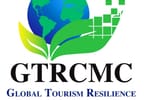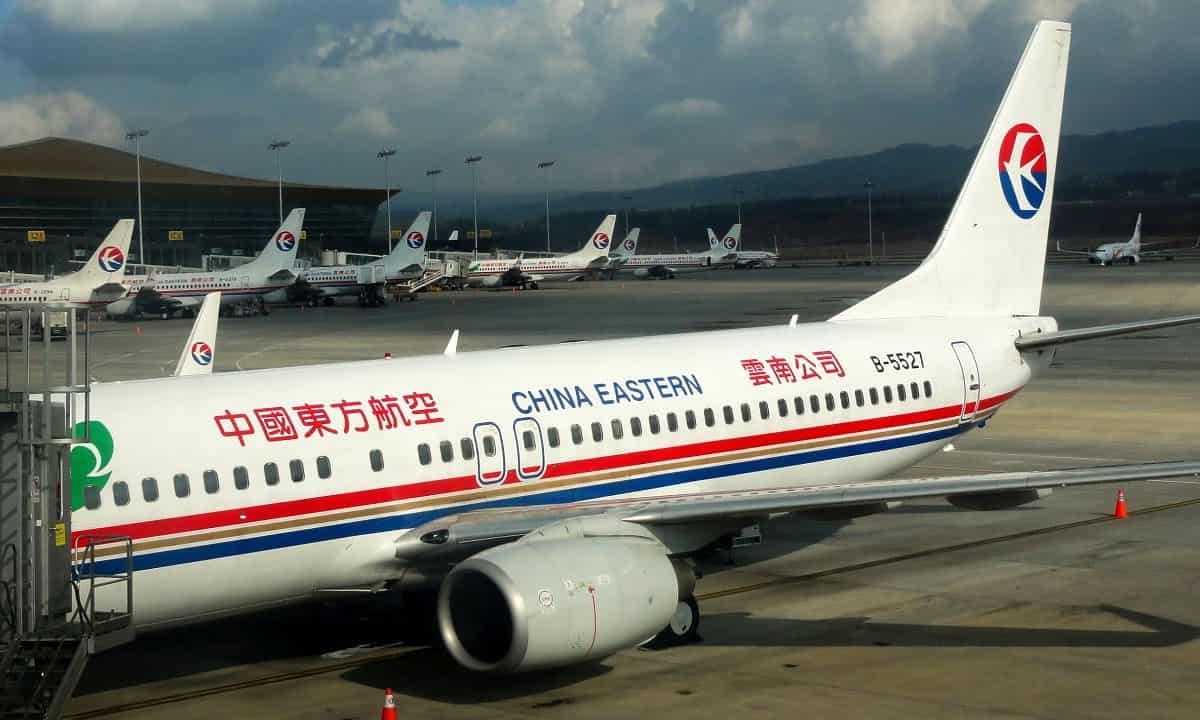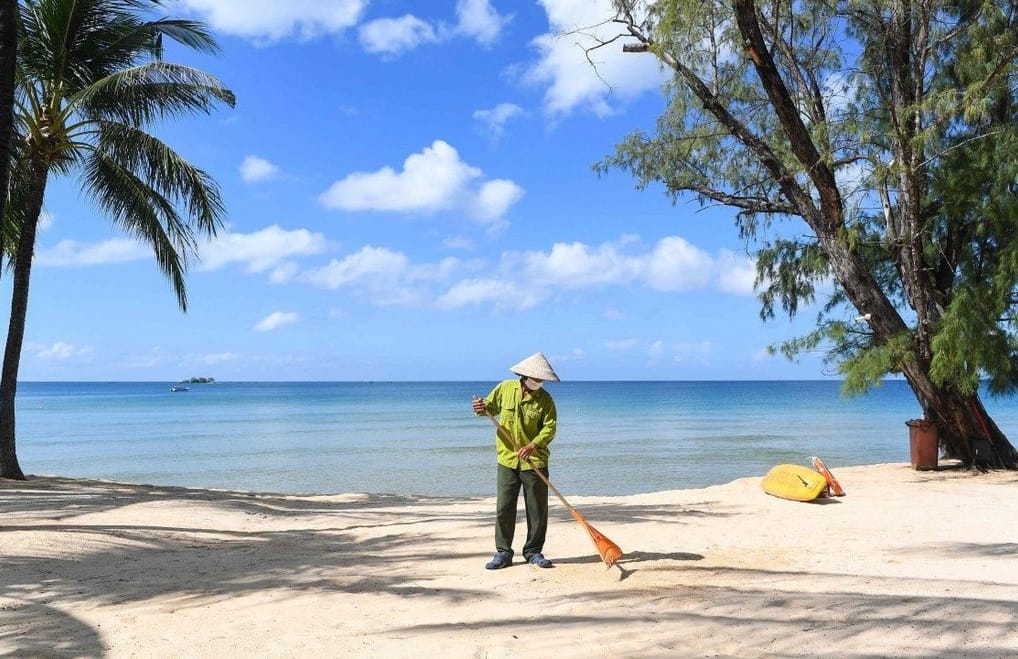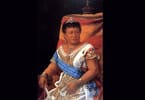This admittedly graphic picture was attached to an email last night, in which a New York-based conservationist passed on a story published yesterday evening in the reputable New York Times, making serious allegations against Chinese officials being part of the series of State visits to Africa last year.
“This picture of a dead elephant is a result of the growing demand for ivory, and most of that demand is based in China. I am sorry to say that the Chinese government has done s*** about containing and eliminating that demand – they have run circles around the international conservation fraternity; they have failed to stop processing, carving and domestic sales of ivory; and all they are doing of late is window dressing.
“They have come to realize that the world has begun to really despise and hate them for such things and such ill feelings will sooner or later translate in loss of markets and loss for business. Besides, it gives the Chinese a very bad name in the international arena over and above such issues like human rights or Tibet. They are not stupid, they know, too, that they have to do something but whatever it is they have done so far is insignificant unless they stop their domestic ivory trade for good. They look at us like with their ‘gwai lo’ attitude but it is them who are gwai lo in this instance. Shame on them and please shout that from the rooftops.”
After reading the NYT article, I cannot say I disagree, but as always, here is the article in full for readers to make up their mind what is truth and fiction and then react to it accordingly and draw their own conclusions.
Start quote:
Chinese President’s Delegation Tied to Illegal Ivory Purchases During Africa Visit
By DAN LEVIN, New York Times
In March 2013, President Xi Jinping of China arrived in the East African country of Tanzania on his first visit to the continent as leader of the world’s second-largest economy. He was joined by a large entourage of Chinese government officials and business leaders, officially there to promote a mutually beneficial relationship between the two countries.
But according to a new report by the Environmental Investigation Agency, a nongovernmental organization based in London, members of the delegation used Mr. Xi’s visit as an opportunity to procure so much illegal ivory that local prices doubled to $70,000 per kilogram, or about $31,800 per pound. In fact, two weeks before Mr. Xi arrived, Chinese buyers went on a shopping spree for illegal ivory, purchasing thousands of pounds of poached tusks, which were “later sent to China in diplomatic bags on the presidential plane,” says the report, “Vanishing Point: Criminality, Corruption and the Devastation of Tanzania’s Elephants,” which was released on Thursday.
“Your president, he was here,” said Suleiman Mochiwa, a Tanzanian ivory smuggler, referring to Mr. Xi in hidden camera footage provided by the organization. “When he was here, many kilos go out on his plane with the escort. They buy from us.”
At a time when the Chinese government is trying to prove itself a responsible state actor that is serious about rooting out corruption and abiding by international law, the organization’s report describes a devastating environmental cost of China’s geopolitical rise: Chinese diplomats and military personnel, it says, are colluding with corrupt Tanzanian officials and Chinese-led crime syndicates that send huge amounts of illegal ivory to China, reducing Tanzania’s elephant population by half.
“Tanzania is the largest source of poached ivory in the world and China the largest importer of smuggled tusks,” the organization said in a statement.
In the past four years, Tanzania has lost more elephants to poaching than any other country, an estimated 10,000 in 2013 alone, according to the organization — an average of about 30 elephants slaughtered each day. The elephant population in Tanzania’s Selous Game Reserve, a 19,000-square-mile wilderness larger than Switzerland, plummeted by 67 percent to 13,000 in 2013 from 39,000 in 2009.
International conservation groups have long accused Beijing of turning a blind eye to China’s major role in the illegal ivory trade, which has surged since officials with the United Nations-backed Convention on International Trade in Endangered Species, or Cites, permitted China to buy a legal stockpile of 68 tons of African ivory in 2008.
The Chinese government had lobbied hard to allow a domestic legal trade. Supporters argued that it would undercut poachers and thus protect elephants herds. Instead, the opposite has occurred. Illegal ivory has flooded Chinese markets, where it is carved into jewelry, trinkets and religious sculptures for wealthy collectors. The price of ivory in China has tripled in the last four years, according to a report published in June by Save The Elephants.
The slaughter of African elephants has surged as China’s economic influence on the continent has grown. According to Dr. Rolf Baldus, who worked for 13 years in wildlife management in Tanzania, elephant poaching in the country has increased alongside the growing presence of Chinese nationals. Dr. Baldus cited a report by the Tanzania Elephant Protection Society, which said that rising economic relations between the two countries “fuel elephant killings.”
“At the root of Tanzania’s elephant disaster lies a toxic blend of governance failures, corruption and criminality,” the Environmental Investigation Agency report says.
Corrupt officials at every level of the Tanzanian government contribute to the trade, it says. Game rangers share information on patrol patterns and the location of herds. Police officers rent out weapons and transport tusks. Officers with the Tanzanian Revenue Authority permit shipping containers full of ivory to exit the country’s ports.
Meanwhile, those who are committed to protecting Tanzania’s elephants lack crucial resources, not to mention the funds that might convince poorly paid officials to refuse bribes. Earlier this year, the report says, 21 game rangers were fired for cooperating with poachers, following an internal investigation by Tanzania’s Ministry for Natural Resources and Tourism.
The organization has traced bribery and collusion in ivory smuggling to Tanzania’s political and business elite, especially among politicians from the governing Chama Cha Mapinduzi party, led by President Jakaya Kikwete. When he took office in 2005, there were about 142,000 elephants in Tanzania. By the time he steps down next year, the population is expected to have declined to just 55,000. Tanzania currently bans all domestic and international trade in ivory.
Despite that drastic drop, the Tanzanian government under Mr. Kikwete has tried three times to gain permission from Cites to sell its ivory stockpile. It has also sought to downgrade Tanzania’s elephants from the most secure Cites trade restrictions in order to take advantage of a growing demand for ivory in Asia, particularly in China.
“This policy has led to suppression of poaching information and elephant population counts,” the report says.
According to the organization, Mr. Kikwete was handed a secret list by intelligence sources identifying the main culprits behind the surge of elephant poaching, including the names of prominent politicians and businesspeople closely connected to the governing party. Few on the list have been investigated or arrested.
“This business involves rich people and politicians who have formed a very sophisticated network,” said a former Tanzanian Natural Resources and Tourism minister, Khamis Kagasheki, who named four members of Parliament as being in the trade, according to the report.
But data and interviews by the Environmental Investigation Agency show that Chinese citizens are deeply involved in the trade. Investigators with the organization have documented, often with hidden cameras, Chinese and Tanzanian smugglers admitting to buying and selling illegal ivory, which several Chinese traffickers said accounts for 90 percent of the products on the Chinese market.
“Even if they kill all the African elephants, it won’t be enough to make these,” said one Chinese smuggler on camera, referring to the ivory chopsticks in his hand.
Chinese have set up a widespread smuggling network in Tanzania. Ivory smugglers have repeatedly told the organization’s investigators that Chinese Embassy staff in the capital, Dar es Salaam, were major ivory buyers.
During a November 2013 raid on a large house in a suburb of the capital, the police found 706 tusks, large amounts of cash, weighing scales and a specially adapted minibus with a hidden compartment for hiding ivory and two sets of license plates. The three Chinese men arrested, who tried to bribe police with $50,000 in cash, were in the middle of packing the tusks in sacks under snail shells and garlic. According to the report, the suspects used a cover business linked to companies in Hong Kong and mainland China, which imported garlic and citric acid from China and exported seafood, to conceal their ivory smuggling.
But a month later, the official Chinese connection became much more apparent when a Chinese naval fleet docked in the capital’s port for four days of “cultural exchanges” before going back to China. The official visit spurred a surge in business for local ivory traders, the report says, with one dealer boasting of earning $50,000 from sales to Chinese naval personnel. During the visit, a Chinese named Yu Bo was arrested trying to enter the port with 81 tusks — the equivalent of about 40 elephants — after an unhappy supplier called the police. Convicted of ivory smuggling and fined $5.6 million, he was sentenced to 20 years in prison — the only person brought to justice in eight major cases going back to 2009, during which time 26.5 tons of Tanzanian ivory was seized.
Meng Xianlin, the executive director general of China’s endangered species trade authority, denied that Chinese officials are directly involved in the illegal ivory trade. In a telephone interview on Wednesday, Mr. Meng called the Environmental Investigation Agency report “highly irresponsible,” for “spreading rumors and damaging China’s image without any evidence.”
Describing the E.I.A. as a “dodgy organization,” Mr. Meng also said he had never heard of Mr. Yu, the Chinese man convicted for smuggling 81 tusks.
“If such a Chinese national was caught, I would have seen police reports,” he said. “There was no such report from Tanzania or anywhere.”
End quote
The denials by Mr. Meng Xianlin are duly noted though in view of what has been said in the article and the report by the EIA, an organization he tries to smear and foulmouth, the words “deny, deny, deny” come to mind. Worth to note that poaching of China’s prized Panda bears carries the death penalty.
But as I said before, let every reader make up his or her own mind while remembering that 90 percent of arrests made in Kenya’s airports over ivory smuggling are actually Chinese citizens.
WHAT TO TAKE AWAY FROM THIS ARTICLE:
- After reading the NYT article, I cannot say I disagree, but as always, here is the article in full for readers to make up their mind what is truth and fiction and then react to it accordingly and draw their own conclusions.
- At a time when the Chinese government is trying to prove itself a responsible state actor that is serious about rooting out corruption and abiding by international law, the organization's report describes a devastating environmental cost of China's geopolitical rise.
- This admittedly graphic picture was attached to an email last night, in which a New York-based conservationist passed on a story published yesterday evening in the reputable New York Times, making serious allegations against Chinese officials being part of the series of State visits to Africa last year.






















